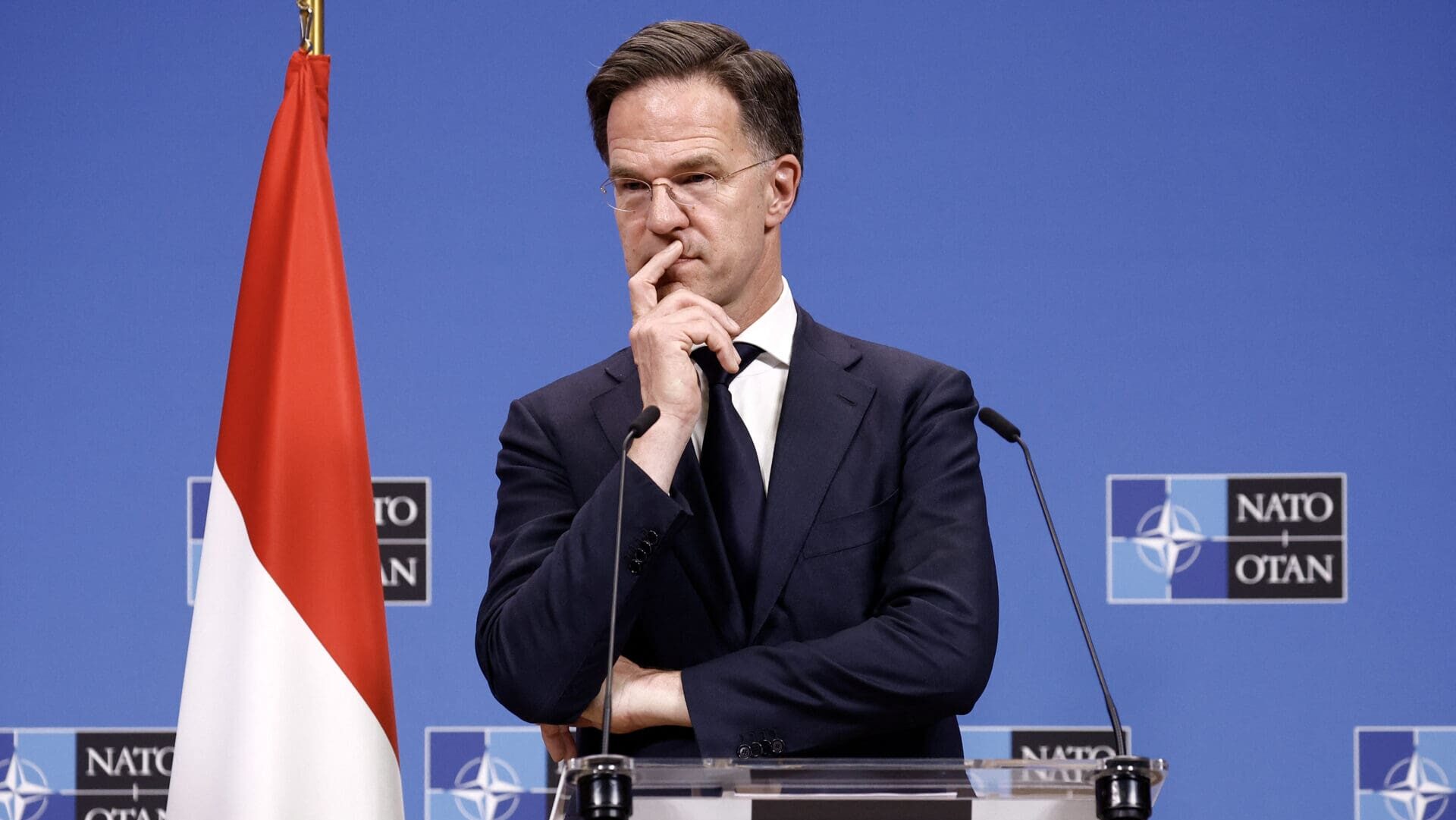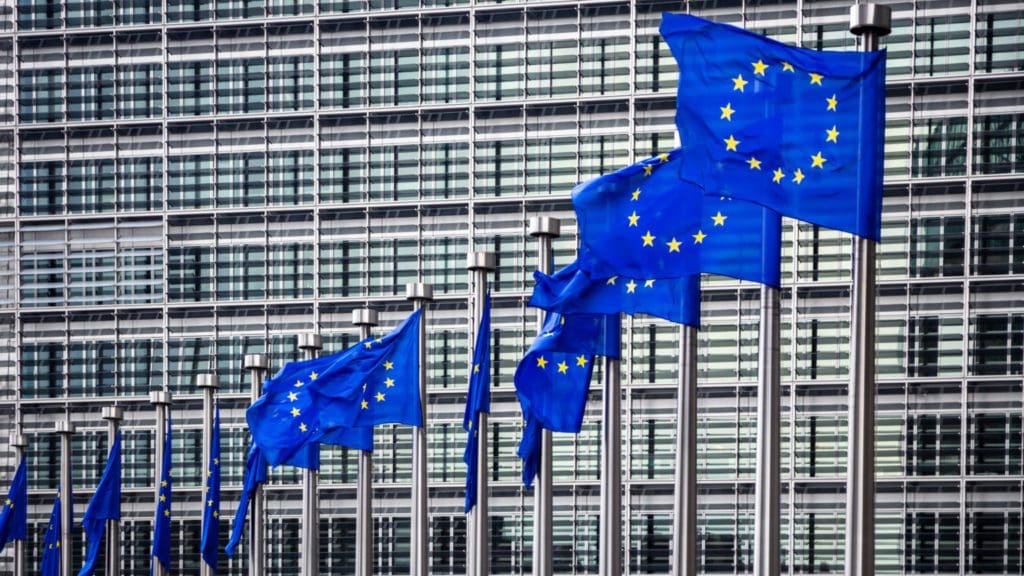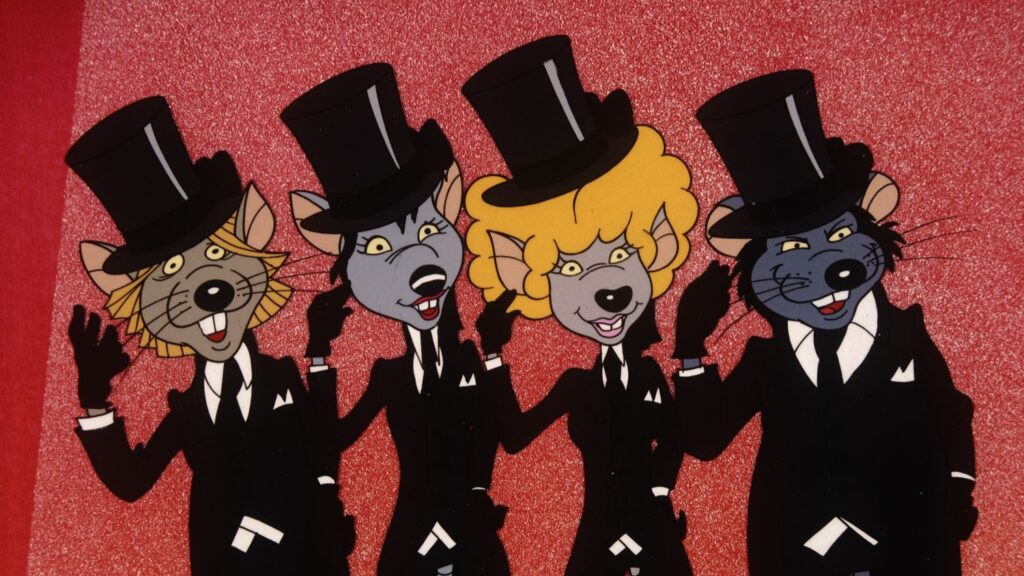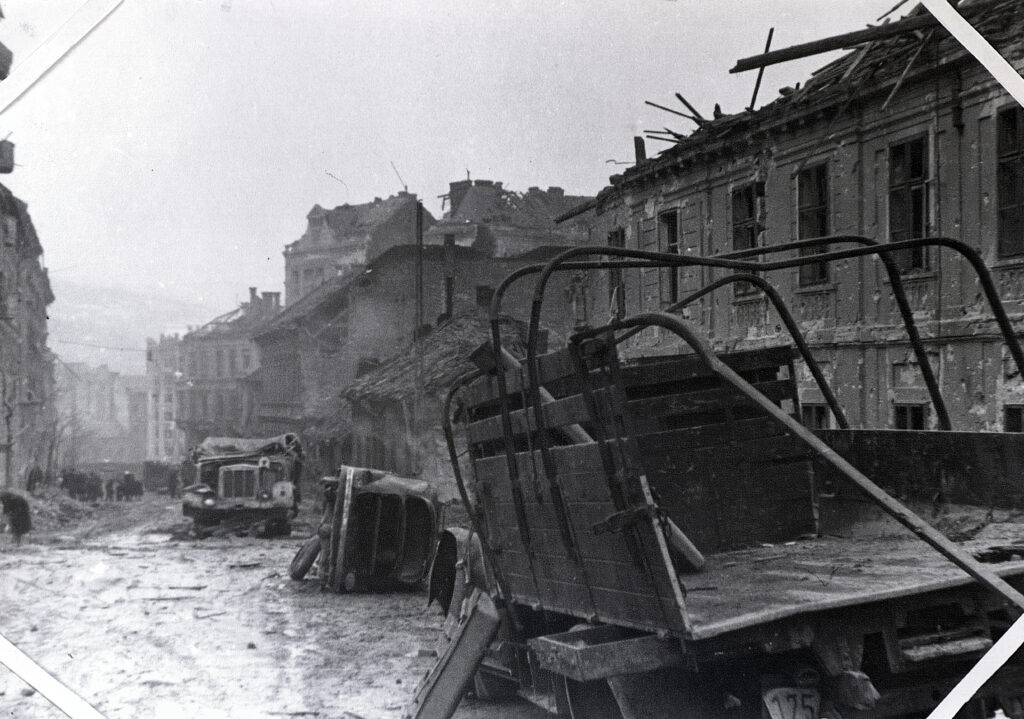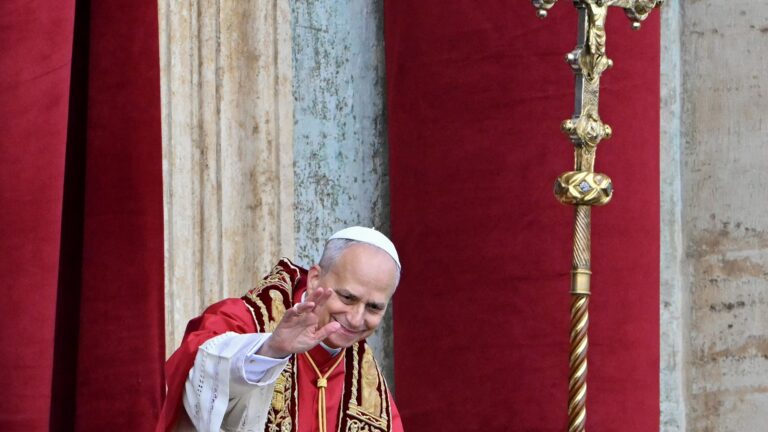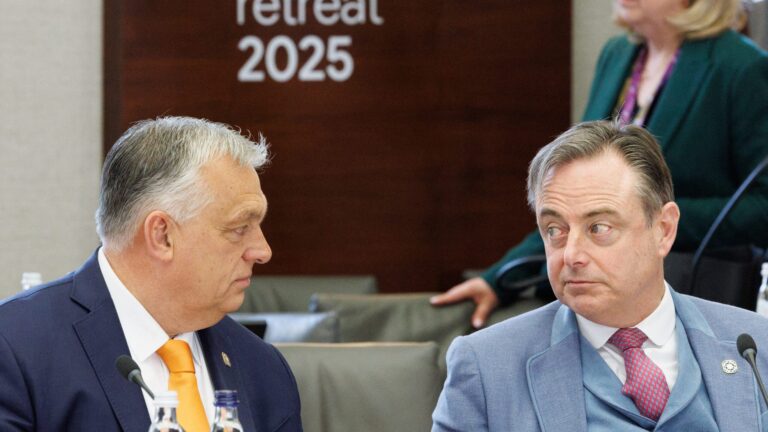NATO’s decision-making body, the North Atlantic Council, decided on Wednesday to appoint outgoing Dutch Prime Minister Mark Rutte as the next Secretary General of NATO. According to an official communiqué, Mark Rutte will assume his post on 1 October, following the expiration of Jens Stoltenberg’s ten-year mandate. Rutte’s appointment will be confirmed by the leaders of the member states at a summit in Washington, DC, from 9–11 July.
‘It is a tremendous honour to be appointed Secretary-General of NATO. The Alliance is and will remain the cornerstone of our collective security. Leading this organisation is a responsibility I do not take lightly. I’m grateful to all the Allies for placing their trust in me,’ wrote Rutte in a post on X.
It is a tremendous honour to be appointed Secretary-General of NATO. The Alliance is and will remain the cornerstone of our collective security. Leading this organisation is a responsibility I do not take lightly. I’m grateful to all the Allies for placing their trust in me. I…
— Mark Rutte (@MinPres) June 26, 2024
As head of government, Mark Rutte has frequently criticized Hungary, at one point even discussing ‘bringing the country to its knees’. Despite this, the Dutch candidate ultimately secured the support of the Hungarian government. Hungarian Prime Minister Viktor Orbán had previously posted about this on X, emphasizing that Rutte fully supports the agreement concluded by the Hungarian government with his predecessor, Jens Stoltenberg, under which Hungary will completely opt out of NATO’s mission in Ukraine. ‘In light of his pledge,
Hungary is ready to support PM Rutte’s bid for NATO Secretary General,’
PM Orbán wrote. He added that Rutte also assured that, as NATO Secretary General, he would treat all member states as equals and respect their different positions.
Following the recent European elections, where Hungarians voted in huge numbers in favour of #peace, we reached an important agreement with #NATO Secretary General @jensstoltenberg . We agreed that no Hungarian personnel will take part in the activities of NATO in Ukraine and no… pic.twitter.com/Cliu4rZGCE
— Orbán Viktor (@PM_ViktorOrban) June 18, 2024
But Rutte has a tough task ahead. Donald Trump’s chances of re-election in November’s presidential election are high, and the former US president has a reputation for being tough on his NATO allies. This is particularly true regarding defence spending, but Trump’s stance on the war in Ukraine is radically different from that of most NATO members—with the exception of Hungary.
Moreover, as Magyar Nemzet noted in an earlier article, the eastern member states—despite their unanimous support for Rutte’s candidacy—are not particularly enthusiastic about it. They are frustrated by the low Dutch defence spending and are particularly outraged that NATO has always been led by a Western or Northern European, even though the countries of the eastern flank have been members of the alliance for a quarter of a century. The countries of the eastern wing are now likely to demand better representation within the organization, the article notes.
Rutte was the longest-serving prime minister of the Netherlands, leading the country from 2010 to 2024. He also served as president of the People’s Party for Freedom and Democracy (VVD) from 2006 to 2023, which is part of the current government.
Related articles:

